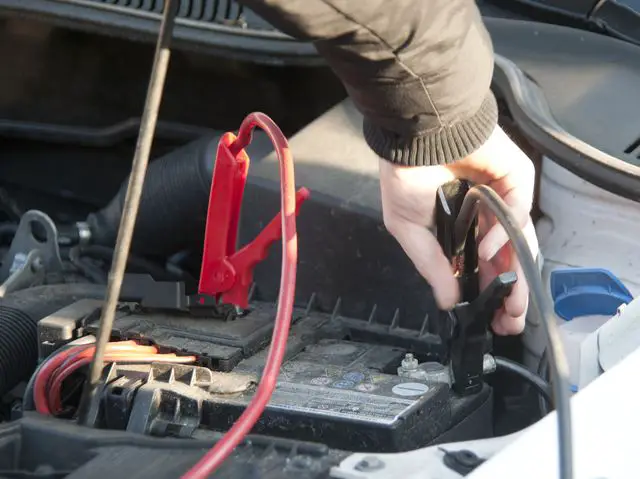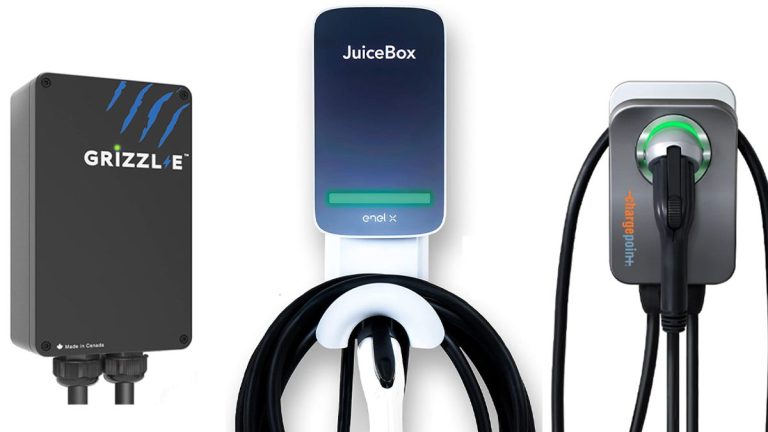How to Clean Car Electrical Connectors: Pro Tips for Sparkling Results
Car electrical connectors are crucial components that ensure the smooth functioning of various electrical systems in your vehicle. Over time, these connectors can become dirty or corroded, leading to poor electrical connections and potential malfunctions. Cleaning your car’s electrical connectors is a simple and important maintenance task that can help prevent electrical issues and ensure optimal performance. In this guide, we will walk you through the step-by-step process of cleaning car electrical connectors.
Tools and Materials You Will Need
Before you begin cleaning your car’s electrical connectors, it’s essential to gather the necessary tools and materials. Here’s what you will need:
- Clean lint-free cloths
- Electrical contact cleaner
- Small wire brush or toothbrush
- Dielectric grease
- Sandpaper or emery cloth
- Protective gloves and eyewear
Step-by-Step Guide to Cleaning Car Electrical Connectors
Now that you have the required tools and materials, let’s proceed with the step-by-step process of cleaning your car’s electrical connectors:
Step 1: Disconnect The Battery
Before working on any electrical components in your car, it’s crucial to disconnect the battery to prevent any electrical hazards. Locate the battery in your vehicle and disconnect the negative terminal to cut off power to the electrical systems.
Step 2: Locate The Electrical Connectors
Identify the electrical connectors that you need to clean. They are typically found in various locations throughout your vehicle, such as the engine bay, under the dashboard, or near the rear of the vehicle, depending on the specific electrical component.
Step 3: Inspect The Connectors
Visually inspect the connectors for any signs of corrosion, dirt, or damage. Corrosion may appear as a greenish or bluish residue, while dirt can cause poor electrical contact. If the connectors are corroded or dirty, they will need to be cleaned.
Step 4: Clean The Connectors
Start by spraying the electrical contact cleaner onto the connectors to loosen and remove any dirt, grime, or corrosion. Allow the cleaner to penetrate and dissolve the contaminants for a few minutes. Then, use a small wire brush or toothbrush to gently scrub the connectors and remove any stubborn residue. Be careful not to apply excessive pressure to avoid damaging the connectors.
Step 5: Polish The Contacts
If the connectors have metal contacts, you can use fine-grit sandpaper or emery cloth to polish the contacts and remove any corrosion or tarnish. Gently rub the contacts in a back-and-forth motion until they appear clean and shiny.
Step 6: Apply Dielectric Grease
Once the connectors are clean and dry, apply a thin layer of dielectric grease to the metal contacts. This grease helps prevent future corrosion and improves electrical conductivity. Make sure to apply the grease sparingly to avoid excessive buildup.
Step 7: Reconnect The Battery And Test
After cleaning and treating the connectors, reconnect the battery by attaching the negative terminal. Test the electrical component associated with the connectors to ensure that it is functioning properly. If everything is in order, you have successfully cleaned your car’s electrical connectors.

Credit: www.amazon.com
Tips and Precautions
Here are some additional tips and precautions to keep in mind when cleaning car electrical connectors:
- Always work in a well-ventilated area when using electrical contact cleaner.
- Avoid using abrasive materials or excessive force when cleaning connectors to prevent damage.
- Wear protective gloves and eyewear to safeguard your skin and eyes from chemicals and debris.
- Consult your vehicle’s owner’s manual for specific instructions and safety precautions related to your car’s electrical system.
Conclusion
Maintaining clean and reliable electrical connections in your car is essential for optimal performance and safety. By following the simple steps outlined in this guide, you can effectively clean and maintain your car’s electrical connectors, ensuring that your vehicle’s electrical systems operate smoothly and efficiently. Regular inspection and cleaning of electrical connectors can help prevent potential issues and extend the lifespan of your car’s electrical components.


